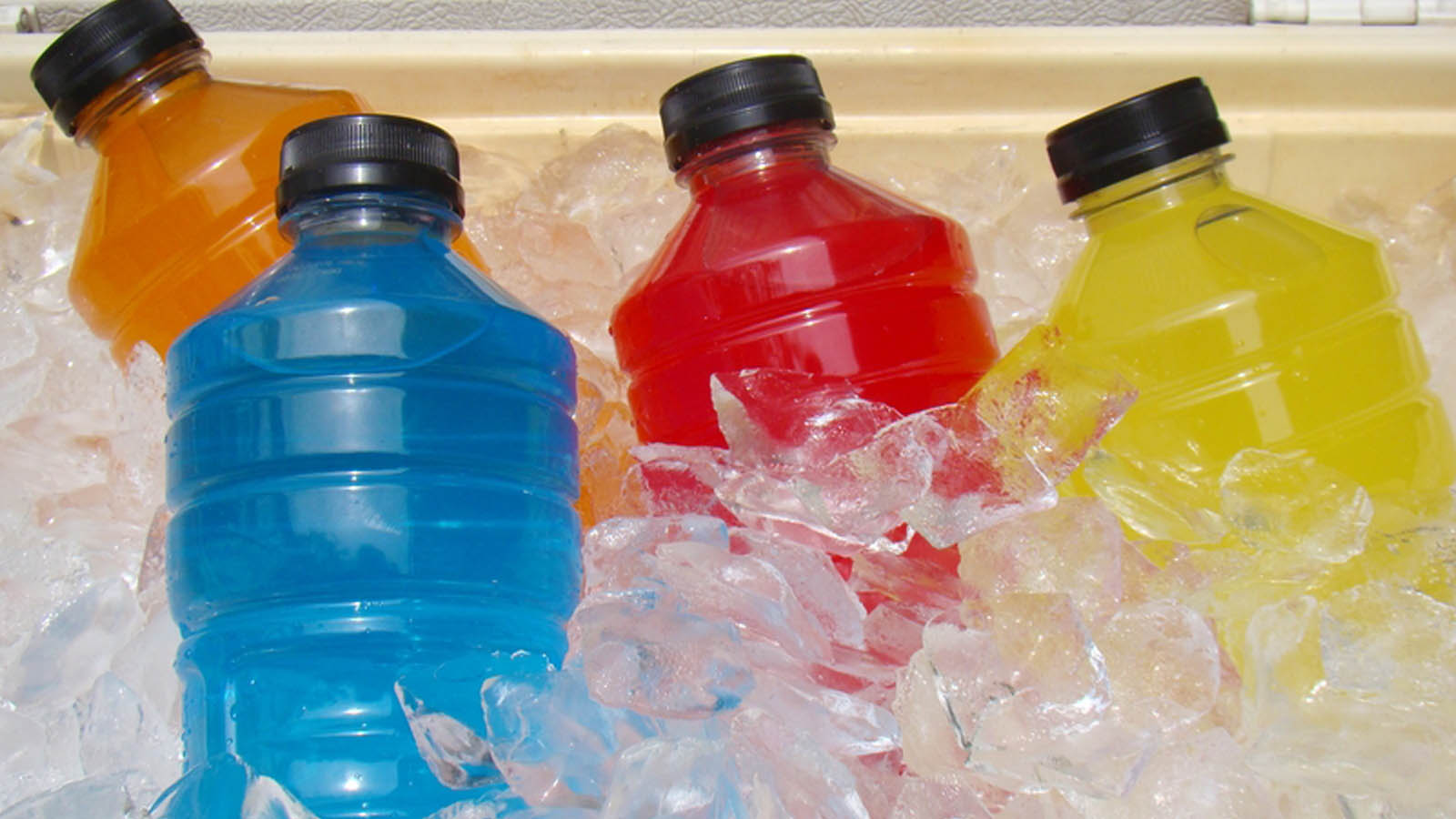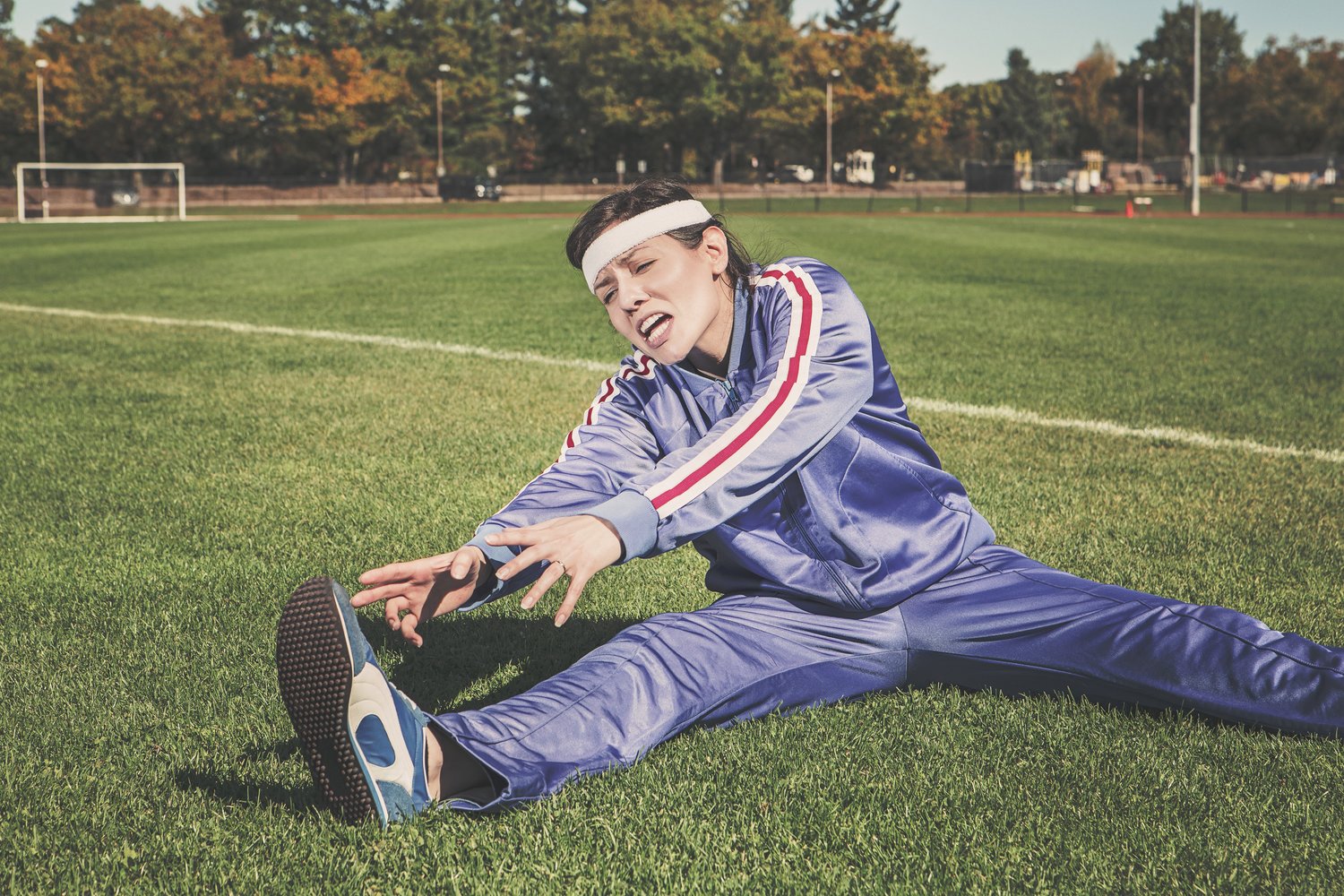Small Mistakes That May Be Sabotaging Your Workouts
When starting a new workout, many people miss key steps even before stepping foot in the gym. These steps may seem small, but leaving them out can have a negative impact on results. Whether people have a goal to gain muscle mass, tone up, or lose excess weight, the following items are crucial before completing a workout routine at any level of intensity. People who are frustrated with minimal results from their workouts may find the reason for their lack of success on this list. Indeed, many people who exercise do not realize the importance of completing these six key steps before a workout. Consult a local gym or personal trainer for more information on how to implement these techniques before a workout.
Not Drinking Enough Water

Drinking enough water before a workout is critical to performance, endurance, and recovery. Many people drink an adequate amount of water while working out when they are thirsty. At this point, however, they have already lost valuable water from their body. When exercising, humans lose water from their body through sweat, and water intake before working out is important for ensuring this supply is replenished. According to The American Council on Exercise and WebMD, people should drink fifteen to twenty ounces (440 to 600 milliliters) of water up to two hours before exercise and approximately eight ounces (250 milliliters) of water should be consumed twenty to thirty minutes before exercise or even during a warm up. Every human is different, and some people's water needs may vary from the recommendations above.
Drinking Too Much Liquid

Drinking too much liquid before working out will also have a noticeably negative effect on performance, and depending on the liquid, recovery can also be affected negatively. People who feel liquid sloshing around in their stomach while exercising may have consumed too much water before working out. As mentioned above, there are guidelines for how much water to drink before a workout. If some people feel this amount is too much for them, they should cut back on the quantity they drink. In a 2014 study published in Sports Medicine, an academic journal, researchers concluded that any type of alcohol can negatively affect people's ability to recover from an injury. This shows that even the type of liquid consumed before working out is extremely important, and water should be the only drink consumed before exercise.
Not Eating A Pre-Workout Snack

People who maintain a diet that is low in carbohydrates may notice that their peak performance while exercising is affected negatively. Eating a small pre-workout snack, such as pasta salad or a peanut butter sandwich, an hour or so before exercise is ideal to sustain energy levels while working out. Glycogen, which stores and enables the use of energy in the human body, retains this energy from carbohydrates, even those consumed the night before working out. Glycogen is converted into glucose, which is a human's primary fuel during exercise. People who work out in the morning and prefer to not eat before exercising should eat a dinner rich in carbohydrates the night before. This will ensure they have enough fuel to perform at their peak level.
Eating The Wrong Kind Of Food

Working out on an empty stomach can make it hard to sustain ideal energy levels, but eating the wrong kind of food before exercising can also have negative effects. Avoid spicy and acidic foods before working out as heartburn or indigestion can take over and bring a workout to a halt. In addition, stay away from salt and salty food before exercise because these foods absorb water in the body, forcing people to consume more water before and after their workout to sustain adequate hydration. Heavy foods, including fried foods, take longer to digest, which is why eating fried food at lunch can affect a nighttime workout. People can enjoy these foods after a workout, but consuming them beforehand may impede progress.
Not Taking Time To Warm Up

A warm-up is critical for gradually getting the body up to a peak heart rate and performance level and for promoting regular blood circulation. Think of the body as a vehicle during winter; when cold, this vehicle is more prone to malfunction (injury). For this reason, a proper warm-up is vital for preventing malfunction and achieving the desired level of performance. Research shows that increasing the heart rate before lifting weights has produced positive results for individuals in comparison to lifting weights without a cardio-based warm-up. There are many ways to use a warm-up within a workout, and a warm-up does not have to be just a run on a treadmill. Try cycling, skipping, or body weight exercises, such as planking and squats, as a warm-up.
Doing The Wrong Type Of Stretching

Aside from doing a proper warm-up, stretching is another crucial activity many people neglect before exercising. Although many people know that stretching is important before a workout, not everyone does the right type of stretches. Static stretching (for example, doing a hamstring stretch or shoulder stretch) is best used as part of a post-workout cooldown. Stretching before working out should involve movement; this type of stretching is called dynamic stretching. Examples of the ideal type of pre-workout stretch include lunges, high knees, and jumping squats. In a 2013 study published in Strength and Conditioning Research,scientists found that participants who did static stretching before working out showed an eight percent reduction in lower-body strength and a twenty-three percent reduction in lower-body stability. There are many easy dynamic stretches that people at any fitness level can use before working out.